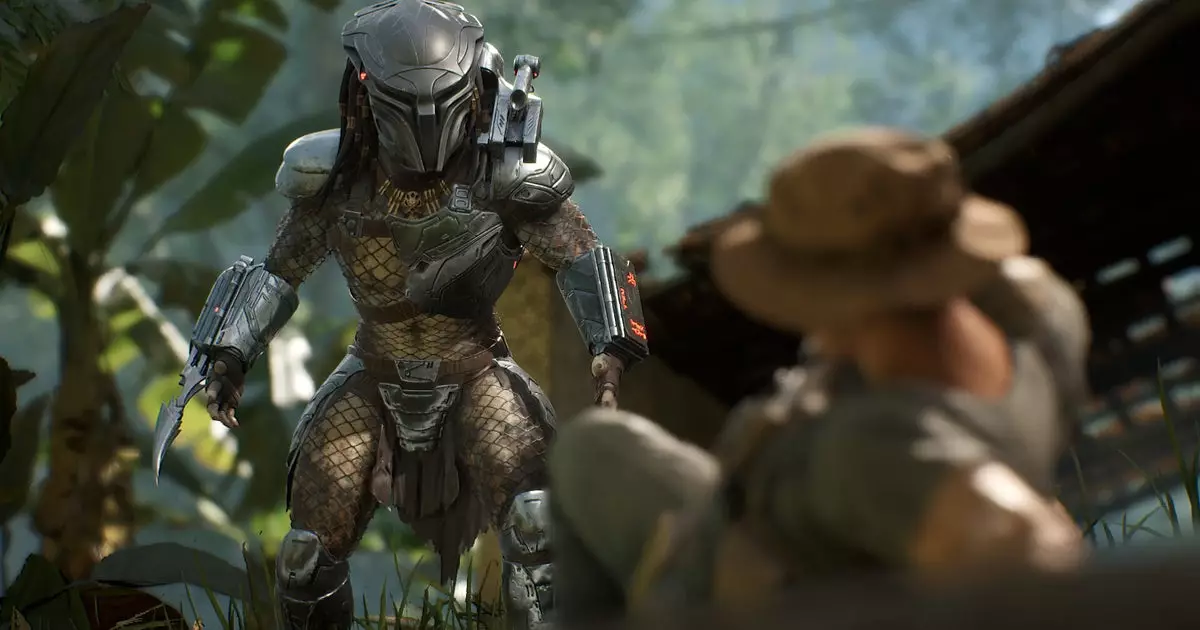The gaming industry is a rapidly evolving landscape, often subject to the whims of consumer demand, financial viability, and project success. Recently, Illfonic, the developers known for games like Friday the 13th: The Game and Predator: Hunting Grounds, announced significant layoffs within their workforce as part of a strategic re-alignment. The intricacies surrounding these layoffs hold broader implications for the industry, particularly in understanding trends that lead to job insecurity among developers.
Illfonic’s announcement, while regrettable, is not an isolated incident. Across the gaming sector, companies are grappling with similar challenges. The statement by CEO Charles Brunghardt highlighted “the state of the industry” as a contributing factor to recent personnel cuts, reflecting a climate where many game developers are facing significant obstacles. The decision to lay off staff indicates a potentially drastic measure taken to stabilize the company in a precarious economic environment.
In 2024 alone, approximately 14,000 gaming professionals have lost their jobs, a troubling uptick from the previous year’s figures. This disturbing trend suggests that a greater number of studios are encountering financial difficulties or are unable to maintain equilibrium in the face of artistically ambitious projects that fail to catch on with gamers. Notable layoffs have also occurred at major firms like Ubisoft, where around 277 staff members were let go amid a shift in project focus. Such moves beg the question: Are we witnessing a broader industry contraction?
Several factors potentially contributed to Illfonic’s decision to downsize. One glaring issue is the expiration of the license rights for their previously successful title, Friday the 13th. This loss not only stripped the company of an established revenue stream but also forced them to withdraw their game from sales, eliminating a key avenue for income. Its subsequent attempts to recapture player interest through new properties, including Ghostbusters: Spirits Unleashed and Killer Klowns from Outer Space: The Game, have not generated substantial traction, as evidenced by low engagement statistics on platforms such as Steam.
Interestingly, Jared Gerritzen, the Chief Creative Officer, has articulated their aim to capture a wider audience with Killer Klowns by striving for a balance between casual players and hardcore gamers. Despite this strategic shift, traction has been minimal, highlighting the risk associated with investing in less known intellectual properties. It raises the concern: Can a studio find sustainable success by tapping into beloved yet niche franchises, or is it simply a gamble?
When studios like Illfonic undergo layoffs, it is not just a loss of jobs; it signifies the unraveling of hopes and dreams for those involved in game development. Each laid-off employee represents untapped potential and creative talent that could have contributed to future innovative projects. Moreover, these job losses create a ripple effect throughout the industry, as former employees seek new opportunities, often outside the gaming sector. This results in a brain drain, exacerbating the struggle this field faces in attracting fresh talent.
While Illfonic has encouraged networking by asking connected firms to reach out to displaced workers, this good intention underscores a harsh reality: there may not be sufficient job openings available in the market to absorb this talent pool. Furthermore, the rise of euphemisms surrounding layoffs—such as “rationalizing” or “refining”—adds an uncomfortable layer to the discussion, often minimizing the emotional aftermath faced by those affected.
As the gaming industry continues to evolve, it becomes imperative for firms like Illfonic to reassess their trajectories and develop strategies that account for inherent risks and uncertainties. The concept of a “refined strategy” is essential; however, it must manifest in strong project management, market comprehension, and sustainable budgeting.
While the road ahead may appear daunting for Illfonic and similar companies, the ongoing dialogue on job security, game design innovation, and market adaptability is crucial. Ultimately, companies will need to cultivate an environment that not just accommodates creativity but fosters it through stability and opportunity.
As the gaming community rallies to support those affected by recent layoffs, it’s essential to remember that every termination signifies a loss of talent; however, the potential for rebirth—both for the individuals and the companies—remains.


Leave a Reply